'The Whale' Review: Brendan Fraser Gives His All But It's Not Enough
The faithful adaptation can’t escape the play’s flaws.
Brendan Fraser in The Whale. Courtesy of A24
When approaching a narrative like that of The Whale, it’s easy to get lost in the drama and emotion that the actors bring to the screen or the heartfelt bits of levity that are some of the film’s shining moments. Still, when these moments get undercut by an ending with writing that contradicts the film thus far, one ends up questioning what they’ve just watched. To begin by stating the obvious, Brendan Fraser is incredible. In a year of “comeback” performances with actors gracing our screens, this film is not one to miss purely because of what Fraser accomplishes. While many viewers will find themselves in awe of what Fraser does with intensity and raging emotion, the most important moments that we see from Charlie are the lighthearted ones, where we see the joy and light coming from within a man who is running out of time.
Sadie Sink in The Whale. Courtesy of A24.
Because the film is adapted from a stage play written by Samuel D. Hunter, who also wrote the film’s screenplay, there will obviously be discrepancies in writing and emotion, but that’s unfortunately taken to a new level in this case. The Whale has beautiful writing at times, with certain pieces of dialogue not only tying the film and the characters’ journeys together but also constructing emotional motifs that resonate with audiences. The way it falters in script occurs in the final minutes of the film, as the conclusion of our journey contradicts what we’ve learned about these characters and their beliefs. Additionally, the film attempts to connect with certain audiences by using the “angry teenager” trope, portrayed through Ellie (Sadie Sink), Charlie’s daughter, who he hasn’t seen in years. While Sink does a great job of bringing this rage to the screen, the writing lets her down. It’s common for films to portray teenagers as angry and/or alone, there’s always something else, something we need to learn before we can watch them express vulnerability, but it comes too late in the film and is too weak for us to appreciate, and the moment doesn’t even come from Ellie.
Hong Chau in The Whale. Courtesy of A24.
One of the best aspects of the film is its small scope, which gives us more time to learn about each character, ultimately making us care about them and their lives, a common theme throughout Darren Aronofsky’s filmography. Throughout the film, five prominent characters appear onscreen and have dialogue, with a sixth (Sathya Sridharan) having a brief appearance that packs a weighted punch. Samantha Morton has a brief appearance as Charlie’s ex-wife, Mary, one of many of her cameos from this year and continues to kill it on screen. The downside of her appearance is that the script uses her relationship with Charlie as a manipulation point, trying to drive our opinions a certain way. However, that isn’t the case with Charlie’s friend/nurse, Liz (Hong Chau). Truthfully, Liz may be the best-written character in the film, and Hong Chau lives up to the challenge. Her generally restrained performance allows her to portray real emotions and has well-earned payoff moments to shine. Finally, there’s Thomas (Ty Simpkins), the well-intentioned missionary who attempts to sell the mission of the church. Simpkins does a good job of being the overly enthusiastic pamphlet pusher, but the ideas surrounding his character and his intentions regarding religion lead to my least favorite moment in the film. This is why I left the film with a sour taste in my mouth. After all the film does to build motivations from Liz and Charlie regarding their distrust of Thomas and his ideologies, its ending —which can be up to interpretation— undoes this, and a pivotal plot point in the film.
The Whale isn’t going to be for everyone and will ultimately leave a group of viewers confused while leaving another enthralled. Even if you aren’t particularly inclined to see The Whale, I urge you to do so, to witness the genius that is Brendan Fraser at his best.
The Whale is now in theaters.



